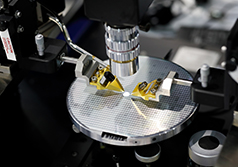Unraveling SiC MOSFET Power Modules: Enhancing Short-Circuit Safety Strategies
Introduction:
Silicon Carbide (SiC) MOSFET power modules have revolutionized the field of power electronics with their superior performance and efficiency. However, ensuring the short-circuit safety of these modules is crucial for their reliable operation and longevity. This article delves into the intricacies of SiC MOSFET power modules, their advantages, potential challenges, and strategies for ensuring short-circuit safety.
Overview of SiC MOSFET Power Modules:
a. Explanation of SiC MOSFET technology and its benefits over traditional silicon-based devices.b. Introduction to SiC MOSFET power modules and their applications in various industries such as automotive, renewable energy, and industrial systems.
c. Key features and specifications of SiC MOSFET power modules, including voltage ratings, current capabilities, and switching frequencies.
Advantages of SiC MOSFET Power Modules:
a. High switching frequency capability leading to reduced switching losses and improved efficiency.b. Lower on-state resistance (Rdson) compared to silicon-based devices, resulting in lower conduction losses.
c. Enhanced thermal conductivity of SiC, allowing for higher power densities and compact designs.
d. Improved ruggedness and reliability under harsh operating conditions.
Challenges in Ensuring Short-Circuit Safety:
a. Increased switching speeds can lead to higher fault currents during short-circuit conditions.b. Potential for thermal runaway due to rapid temperature rise during short-circuit events.
c. Overvoltage spikes and current overshoots during short-circuit transients.
d. Impact of short-circuit events on device longevity and system reliability.
Strategies for Ensuring Short-Circuit Safety:
a. Implementation of robust short-circuit protection mechanisms such as overcurrent protection (OCP), overvoltage protection (OVP), and thermal shutdown.b. Utilization of advanced gate drivers with built-in fault detection and protection features.
c. Proper layout and thermal management techniques to mitigate thermal stress during short-circuit events.
d. Testing and validation procedures to assess the short-circuit ruggedness of SiC MOSFET power modules under various operating conditions.
Case Studies and Real-World Applications:
b. Application examples in renewable energy systems such as solar inverters and wind turbine converters, highlighting the importance of reliable short-circuit protection.
c. Industrial automation case study demonstrating the robustness of SiC MOSFET power modules in high-power motor control applications with stringent safety requirements.
Future Trends and Innovations:
a. Emerging technologies and advancements in SiC MOSFET design for improved short-circuit handling capabilities.b. Integration of artificial intelligence (AI) and predictive maintenance algorithms for early detection of potential short-circuit risks.
c. Collaborative efforts between manufacturers, researchers, and regulatory bodies to establish industry standards for short-circuit safety in SiC MOSFET power modules.
Conclusion:
Subscribe to Us !
Related Parts More
-
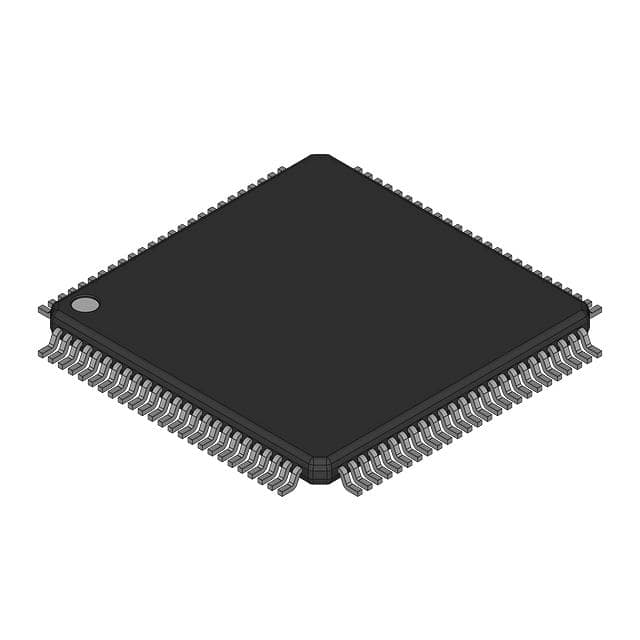 LV71081E-MPB-E
LV71081E-MPB-Eonsemi
-
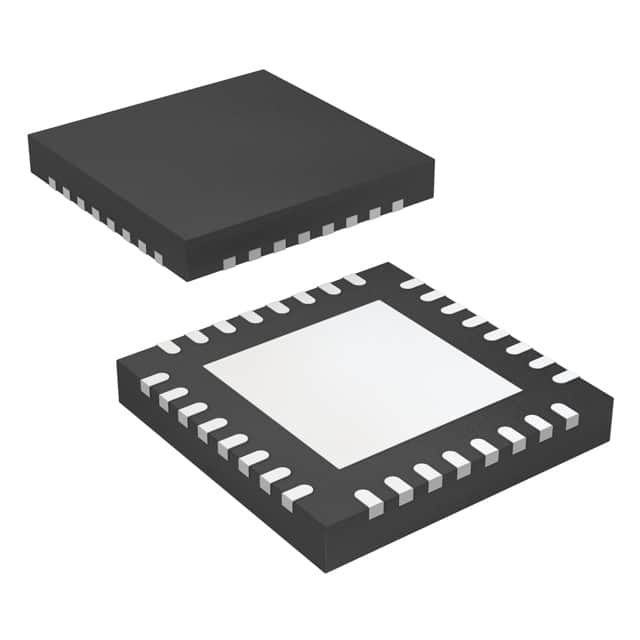 LMK00334RTVRQ1
LMK00334RTVRQ1Texas Instruments
-
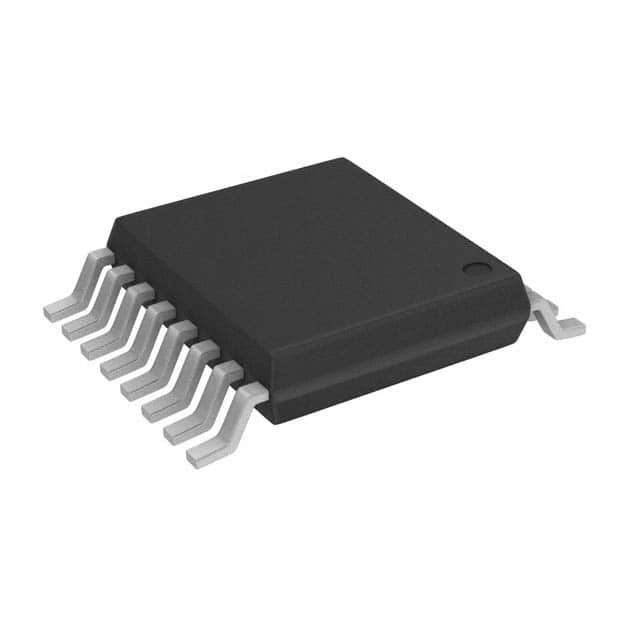 PI6C557-03LEX
PI6C557-03LEXDiodes Incorporated
-
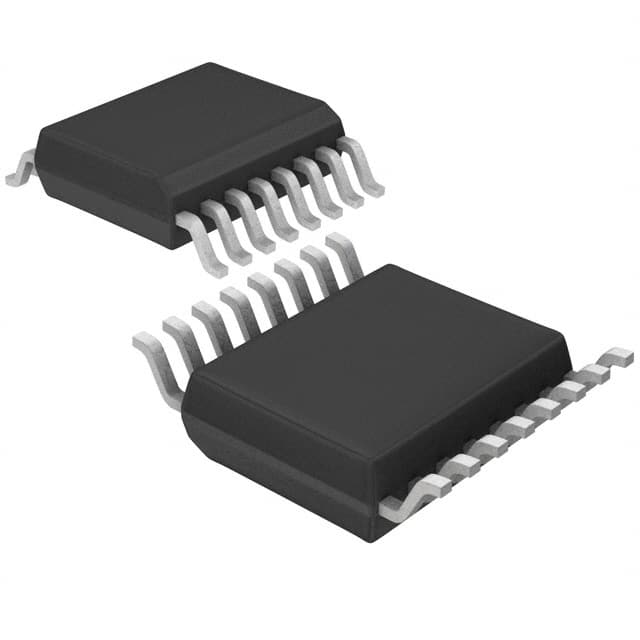 PCM1753DBQR
PCM1753DBQRTexas Instruments
-
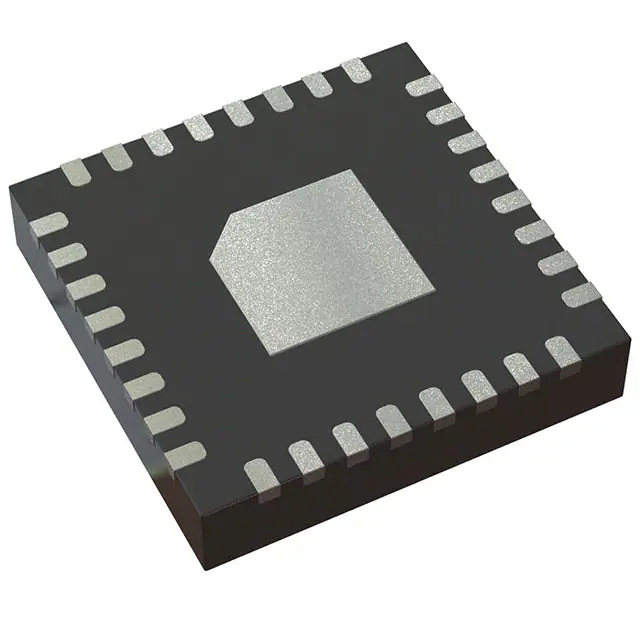 ADS1204IRHBT
ADS1204IRHBTTexas Instruments
-
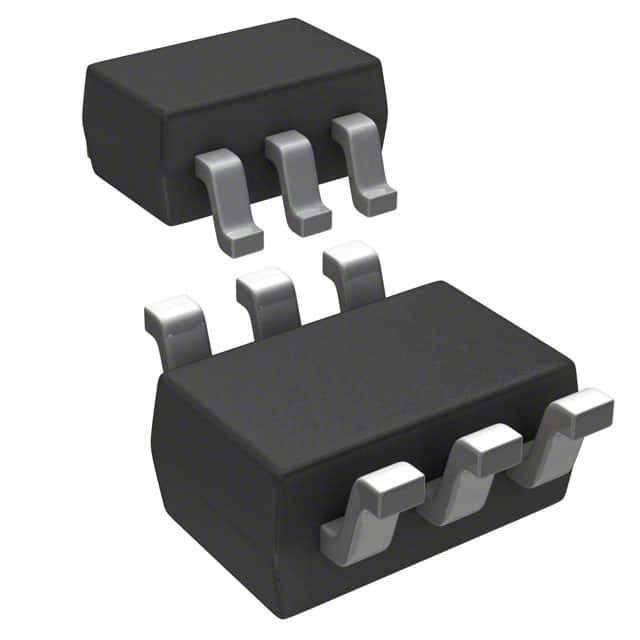 MCP4018T-104E/LT
MCP4018T-104E/LTMicrochip Technology
-
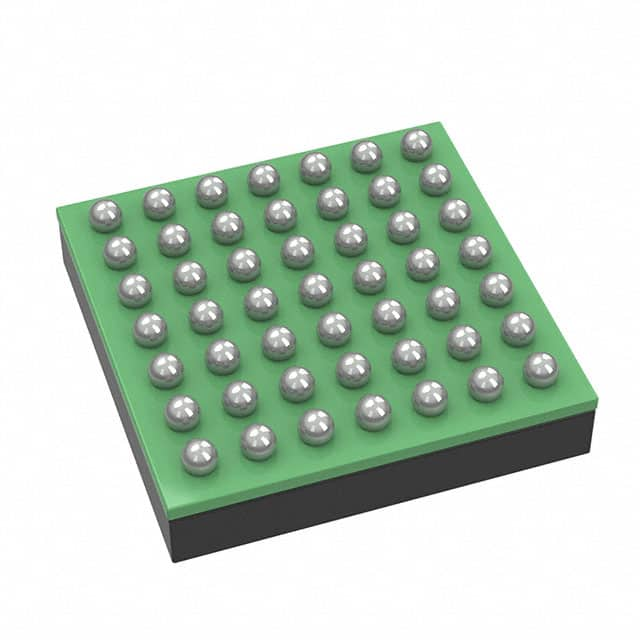 T4F49C2
T4F49C2Efinix, Inc.
-
.jpg) A40MX02-PLG44
A40MX02-PLG44Microchip Technology
-
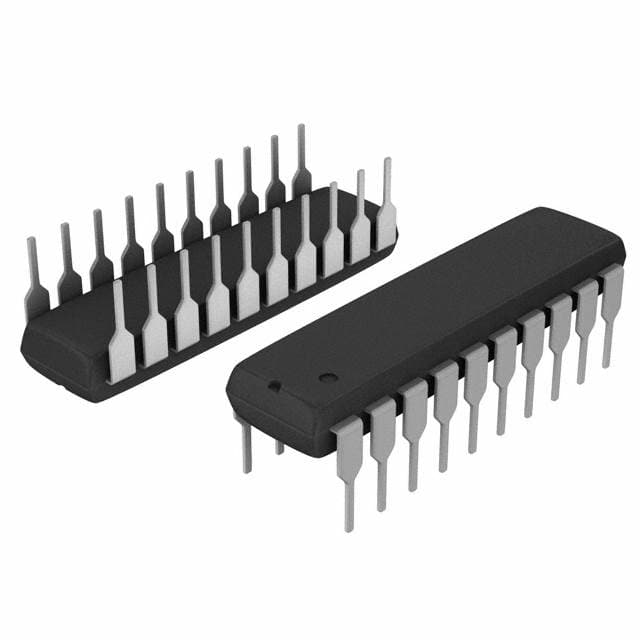 ATF16V8C-7PU
ATF16V8C-7PUMicrochip Technology
-
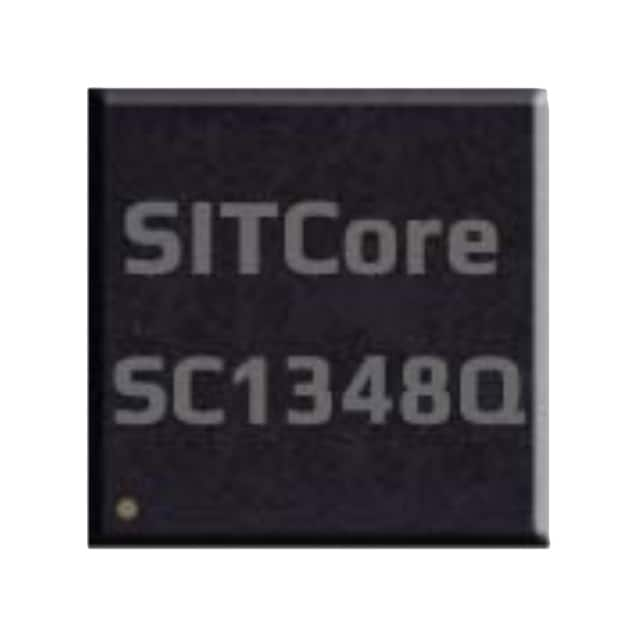 SC-13048Q-A
SC-13048Q-AGHI Electronics, LLC



